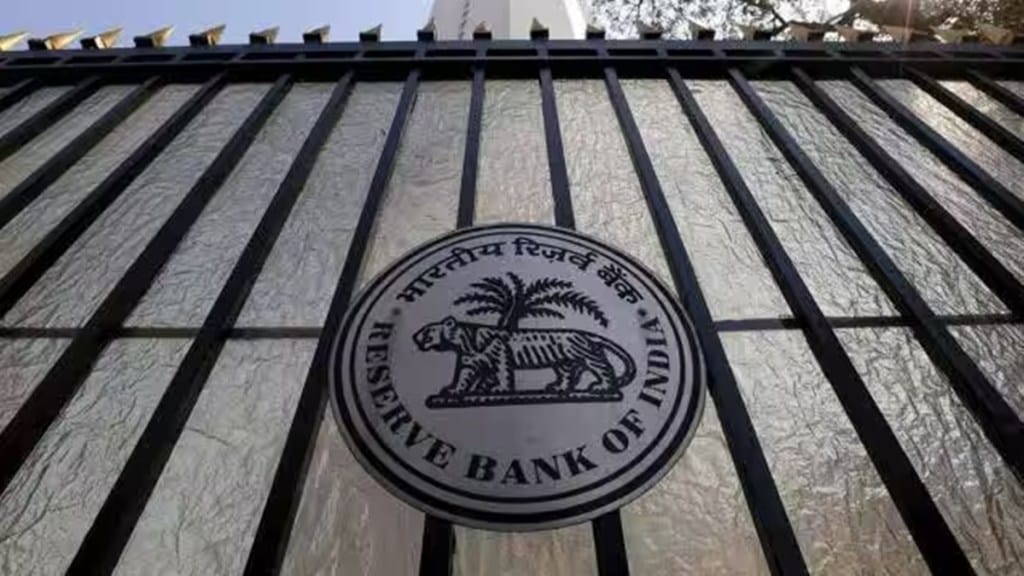Some of the country’s top lenders seem to be taking compliance with rules and regulations rather casually, which is why they have been called out by the regulator. In its latest set of strictures, Reserve Bank of India (RBI) has pulled up ICICI Bank and Kotak Mahindra Bank and imposed monetary penalties of Rs 12.19 crore and Rs 3.95 crore, respectively. ICICI Bank was found to have sanctioned or committed loans to companies in which two of its directors were also directors. This is an unfortunate revelation at a time when the bank is trying to win back its reputation following a breach of corporate governance practices during the term of the former CEO and MD Chanda Kochhar. That there has been such dereliction of duty at the highest level is indeed cause for concern because one had expected discipline in corporate governance matters to have been restored after such a damaging episode.
The regulator’s annual inspections, for the years FY20 and FY21, also found that the bank had marketed and engaged in sales of non-financial products; how exactly this happened is not clear. It is also worrying that the lender failed to report frauds to the regulator within the prescribed timelines. On its part, KMB was found to have neglected to conduct an annual review and due diligence of its service provider and also for contacting customers beyond the prescribed hours. The bank, according to the regulator, levied interest from the disbursement due date instead of the actual date of disbursement, contrary to the terms and conditions of sanction, and levied foreclosure charges despite there being no such clause in the loan agreement.
It is well-known that banks are aggressive when it comes to both selling products and recovering loans. In the race to get ahead and meet their over-ambitious and unrealistic targets, executives in banks and non-banking financial companies (NBFCs) are stretching themselves and bending the rules. In fact, that was the genesis of the problem at Bank of Baroda where the executives reportedly tampered with accounts to meet their targets of on-boarding customers to the bank’s digital banking platform bobWorld. What these officials are understood to have done, ostensibly with full knowledge of their immediate superiors, is to link bank accounts with random phone numbers, probably belonging to their friends and relatives. While the regulator has asked BoB to stop on-boarding customers and to strengthen its systems and procedures and the bank has suspended some executives, a full-fledged investigation would be in order. Indeed, it is a shame lenders are abandoning basic controls to further their business interests.
About two years ago, the RBI had asked HDFC Bank to temporarily halt launches of digital business-generating activity and stop signing on credit card customers. This followed outages at its data centres which hampered mobile banking and payments transactions. Given how cybercrime is on the rise, banks need to ensure their digital systems are foolproof. But, it is important they refrain from bypassing the rules when they deal with customers; some banks have been pulled up for reaching out to them beyond the official hours. Others have been reprimanded for charging foreclosure fees although these conditions were not clearly specified in the loan agreements. Even when the services are outsourced to third party agents, banks need to make sure the norms are not violated and coercive measures not used by recovery agents. Decency and discipline must take precedence over profits.

